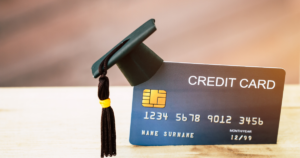Practicing financial responsibility is key to living a healthy financial life. Living within your means is essential to being financially responsible. Follow our credit counseling advice and save for the future.
How to Practice Financial Responsibility
Spend less – Don’t spend more than what you bring home.
Save – Set aside a fixed amount each month into a savings account. If you don’t have a savings account, it is important to set one up.
Budget – Create a monthly budget and stick to it. Your budget should track how much money you have coming in, how much you are spending, and where it is going.
Emergency fund – Set aside some of your savings into an emergency fund. ACCC suggests a minimum of six to nine months’ worth of income in this fund. Emergency funds are designed to help you avoid using credit cards for an unexpected expense that could leave you with a hefty debt.
Retirement – It is never too early to start saving for retirement. Start taking advantage of employer offered 401(k) plans. A little goes a long way, especially since many employers will match each contribution.
Establish credit – Get a credit card so you can start building credit. Do not charge more to the credit card than you can afford to pay at the end of each billing cycle. The best plan of action is paying your credit card bill in full at the end of each month. Building credit now will be important when making big life purchases in the future, such as your first home.
Pay bills on time – Late payments affect your credit score and could affect being approved for a loan in the future.
If you’re struggling to pay off debt, ACCC can help. Schedule a free credit counseling session with us today.






